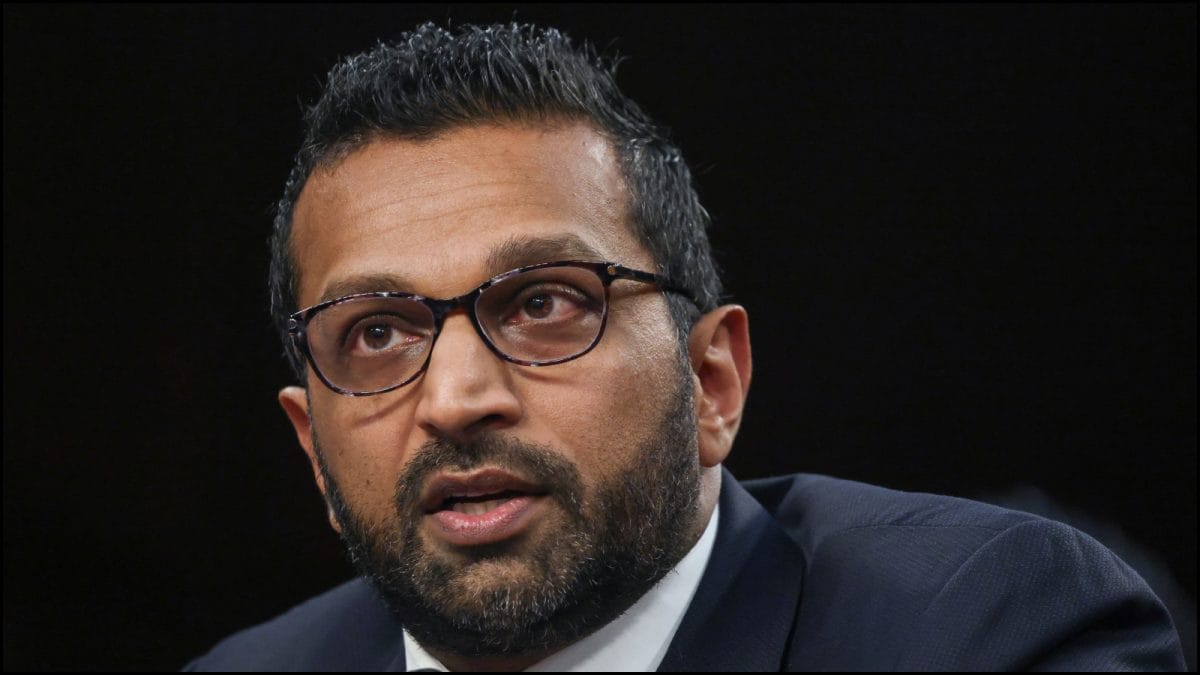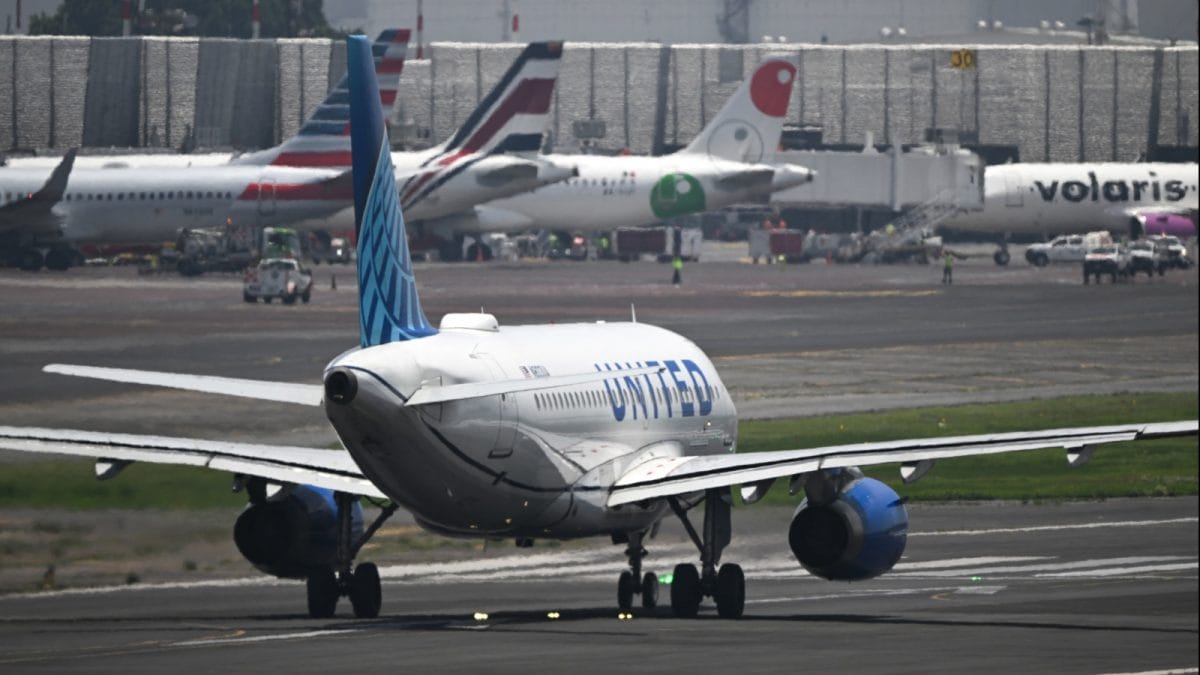ARTICLE AD BOX
In his Independence Day address, Prime Minister Narendra Modi hailed the RSS on its centenary, calling it the world's biggest NGO. The Congress took potshots at him, accusing him of trying to please the organisation. However, his praise for RSS in a national speech indicates that the perceived strains with the RSS leadership might have eased, reaffirming the group's deep ideological influence over the BJP.

PM Modi hailed 100 years of the RSS's "very proud and glorious" journey and saluted all its volunteers. (PTI Image)
When Prime Minister Narendra Modi invoked the Rashtriya Swayamsevak Sangh (RSS) in his Independence Day address from the ramparts of the Red Fort, he placed the right-wing organisation in the national spotlight. In his over-100-minute address, Modi hailed the RSS, which will complete 100 years on Vijaya Dashami this October, calling it the "world's largest NGO". The mention carries political importance too. In recent years, there have been murmurs of strains in the RSS-BJP relationship. By hailing the RSS, the BJP's ideological fountainhead, from the Red Fort, Modi appeared to signal that any such perceived tensions may now be behind them.
Such an explicit acknowledgement also serves as both a gesture of a supposed reconciliation and a signal of unity to the volunteers, who he lauded for "nation-building". The mention also seemingly reinforces the RSS's centrality to the BJP's ideological compass.
Modi said, "Today, I would like to proudly mention that 100 years ago, an organisation was born, the Rashtriya Swayamsevak Sangh. Hundred years of service to the nation is a proud, golden chapter. With the resolve of 'vyakti nirman se rashtra nirman', with the aim of welfare of Maa Bharati, swayamsevaks dedicated their lives to welfare of our motherland," Modi said.
Modi's journey, from an RSS pracharak to a three-term Prime Minister, mirrors the organisation's own rise in scale and influence that he seemingly highlighted in the speech. By praising the RSS as an NGO for its social work and stressing that "the nation is built not just by the government or those in power", Modi highlighted what he called the group's "dedication, organisation, and discipline".
This was likely an acknowledgement of the RSS's assistance during emergencies, natural calamities, and rural development – most notably during the Kerala and Assam floods in 2018 and 2022, respectively, Cyclone Fani in Odisha, and through the RSS's Seva Bharati organisation, which ran over 1,000 relief camps nationwide during Covid-19.
By congratulating the RSS in its centenary year, Modi has brought its role in nation-building into the public consciousness through his Independence Day address.
However, Opposition Congress vehemently criticised the mention as appeasement to placate the RSS.
Congress MP Jairam Ramesh said the "most troubling element" of Modi's speech from the Red Fort was his "name-checking" of the RSS, which was a "blatant breach of the spirit" of a constitutional, secular republic. He said it was nothing but a "desperate attempt to appease" the RSS in the run-up to his 75th birthday next month.
The rapport between RSS chief Mohan Bhagwat and Modi has long combined shared ideology, but in recent years, observers and Opposition leaders have pointed to some friction too. Only last month, Bhagwat's remark that leaders should step aside at 75 stirred speculation, with Opposition leaders interpreting it as a veiled reference to Modi, who reaches the age in September, just six days after Bhagwat himself.
Yet alongside there have been gestures of solidarity too. Bhagwat met Modi at his residence just days before Operation Sindoor, and in March, Modi made his first visit as PM to the RSS headquarters in Nagpur.
During his Nagpur visit, the Prime Minister emphasised that, despite being a powerful chief executive, securing a third consecutive term, his foremost identity was that of a Swayamsevak, according to a report in The Indian Express. The visit also seemingly conveyed that the BJP continues to coordinate and rely on the RSS, as it has in the past.
On that occasion, RSS veteran Bhaiyyaji Joshi escorted Modi to a private meeting with Mohan Bhagwat, which lasted about 20 minutes. The two then emerged together before the cameras at the Hedgewar Smruti Mandir, the memorial to RSS founder Keshav Baliram Hedgewar and his successor MS Golwalkar. There, Modi paid tribute to both leaders and to the RSS itself, likening it to an Akshaywat – a sacred banyan tree that "energises national culture and consciousness".
The RSS' mention in the national address reaffirmed that, at his core, Modi remains a true swayamsevak.
CONGRESS FLAGGED RSS-BJP CRACKS
In 2024, after the BJP-led NDA secured 240 seats in the Lok Sabha elections, losing its majority and having to rely on allies, the Opposition, led by the Congress, interpreted periodic statements by Mohan Bhagwat as signs that cracks had developed between the RSS and the BJP. Congress general secretary Jairam Ramesh said on X that relations "between the PM and the RSS have nosedived and continue to be in turbulence".
In May 2024, during the Lok Sabha elections – when phases 5, 6, and 7 were still left, covering substantial seats in eastern and central Uttar Pradesh and southern Bengal – BJP president JP Nadda said the party had grown beyond the stage of needing the RSS and was now saksham (capable) of running its own affairs. The RSS, he added, was an "ideological front" that pursued its own work, signalling a deliberate distancing amid electoral uncertainties.
Just days after the results, Bhagwat urged for humility in a "true sevak". He also highlighted that normalcy was yet to return to Manipur.
A month later, in July, Bhagwat's remark in Jharkhand about leaders aspiring to be "devta" or "bhagwan" was highlighted by the Congress as a swipe at Modi's alleged claim of being "non-biological" during the poll campaign.
Though Bhagwat and Modi met several times this year, the former's remark that leaders should retire at 75, made even after the display of mutual support between the two bodies during Operation Sindoor, was seized upon by the Congress with its "poor Prime Minister" jibe.
On July 11, speaking at a Nagpur event, Bhagwat remarked that turning 75 signals retirement. He recalled the views of the late RSS ideologue, who, according to Bhagwat, believed that reaching 75 was a cue to gracefully step aside. K Sudarshan, the fifth RSS chief, who stepped down at the age of 78, had earlier proposed that senior BJP leaders such as LK Advani and Atal Bihari Vajpayee should retire at 75 and "give way to others".
The Congress seized on these remarks to attack Modi and the BJP, claiming the rift between the two ideologically aligned organisations was widening. The BJP, however, largely ignored these barbs.
Now, with "lifelong pracharak" Modi congratulating the RSS on its centenary and applauding its "volunteers for their dedicated service and role in nation-building", it is cemented that the party and the Sangh stand firmly together.
Modi's praise of the RSS from the Red Fort suggests that the equations between Nagpur and New Delhi, despite the Congress and Opposition's claims of a rift, are firmly aligned.
- Ends
Published By:
Anand Singh
Published On:
Aug 15, 2025
Tune In



.png)
.png)
.png)
















 1 hour ago
5
1 hour ago
5









 English (US) ·
English (US) ·